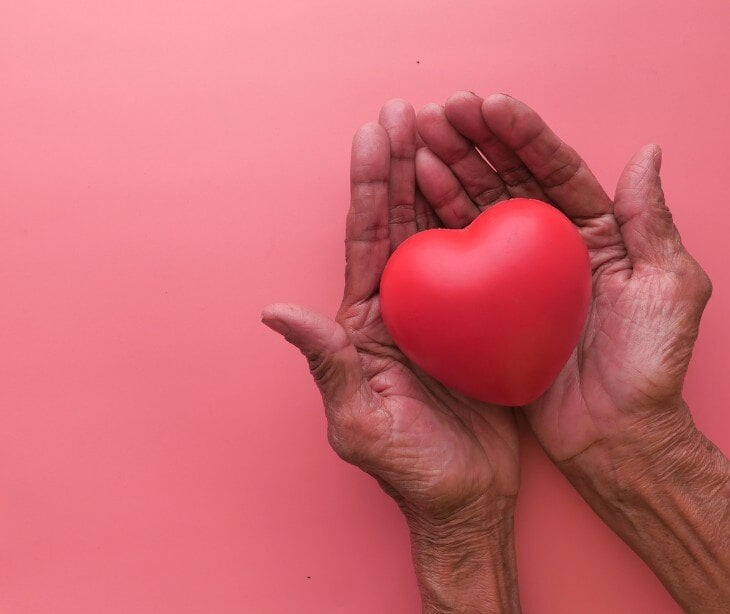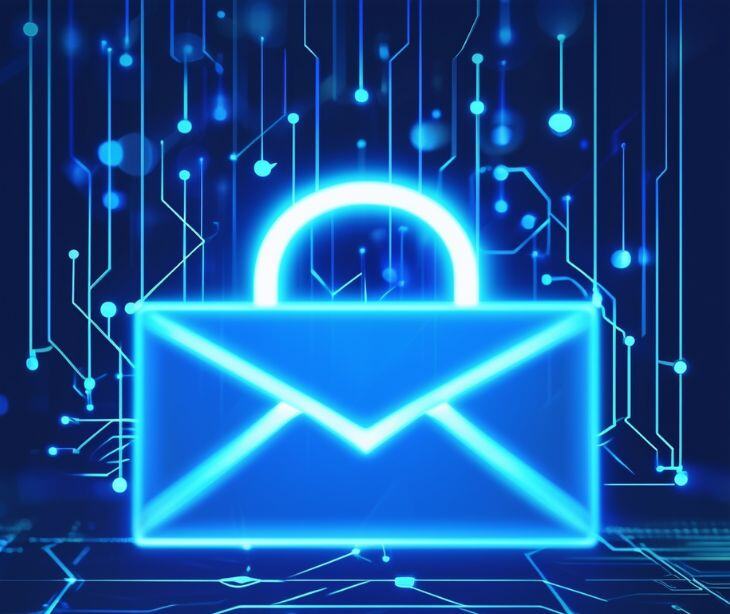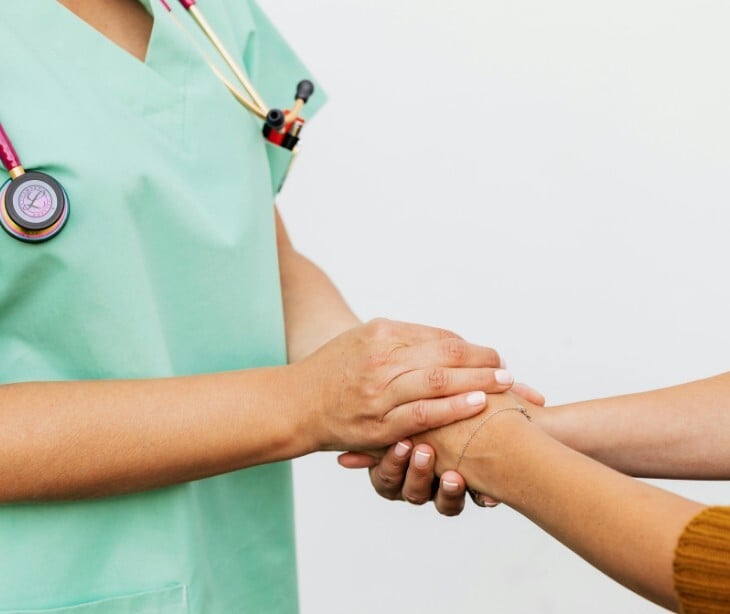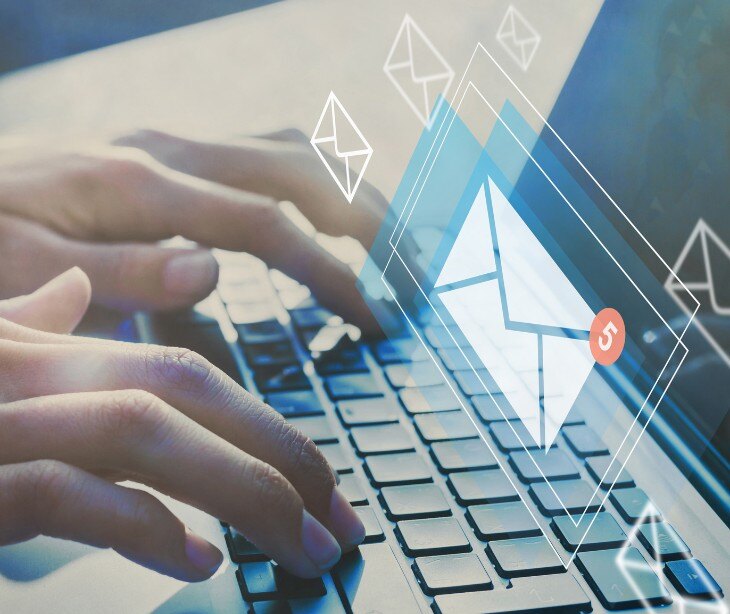
Caregivers can offer their loved ones physical support, emotional strength, and companionship. By managing daily tasks, advocating for needs, and providing consistent care, caregivers help bridge the gap between the complexities of healthcare and the personal touch that supports healing and comfort. HIPAA compliant email can make these tasks easier and ensure the loved one's privacy remains intact.
HIPAA and informal caregivers
An informal caregiver is a family member, friend, or volunteer who provides unpaid support and assistance to individuals who need help with daily activities due to age, illness, or disability. Unlike professional caregivers, informal caregivers do not receive formal training or compensation but play a role in managing the care and well-being of their loved ones. Their responsibilities may include helping with personal care, managing household tasks, offering emotional support, and coordinating medical care.
Unless the informal caregiver has been appointed as a personal representative with a legitimate healthcare power of attorney (POA), access to their loved one's medical information is constrained by the HIPAA privacy rule. However, according to Senior1Care, informal caregivers must be granted access to PHI if they have: “The ability to communicate directly with their loved one’s doctors to coordinate care and treatment between medical entities [and] the ability to discuss and pay medical bills on their loved one’s behalf.”
How does HIPAA compliant email support the caregiver?
HIPAA compliant email supports caregivers by ensuring that sensitive health information is communicated securely and according to privacy regulations. Here’s how it benefits caregivers:
- Protection of privacy: HIPAA compliant email helps caregivers protect the privacy of their loved ones by encrypting communications and safeguarding personal health information from unauthorized access.
- Confidential communication: It enables caregivers to exchange important health updates and medical information without compromising confidentiality.
- Legal compliance: By adhering to HIPAA standards, caregivers ensure they are compliant with legal requirements, reducing the risk of potential legal issues related to the mishandling of sensitive information.
- Efficient communication: Secure email platforms often provide tools that streamline communication, making it easier for caregivers to share and receive critical information quickly and efficiently.
- Enhanced trust: Using HIPAA compliant email fosters trust between caregivers, patients, and healthcare providers by demonstrating a commitment to safeguarding personal health data.
Best practices
- Use HIPAA compliant email providers: Choose email services that offer encryption and other security features to protect sensitive information, like Paubox Email Suite.
- Encrypt sensitive information: Ensure emails containing personal health information (PHI) are encrypted.
- Secure email attachments: When sending attachments that contain health information, use encryption and password protection. Share the password through a separate communication channel to enhance security.
- Limit information sharing: Share only the necessary information in your emails. Avoid including detailed medical data unless necessary, and focus on the details needed for effective communication.
- Implement strong authentication: Use strong, unique passwords for your email accounts and enable two-factor authentication if available to add an extra layer of security.
- Regularly update security practices: Keep your email software and security settings up-to-date to protect against vulnerabilities.
- Avoid public Wi-Fi for sensitive communications: When accessing or sending emails containing sensitive information, use a secure network rather than public Wi-Fi to reduce the risk of unauthorized access.
- Consult with healthcare providers: Work closely with healthcare providers to understand what information can be safely shared via email and seek their guidance on secure communication practices.
FAQs
What types of support can informal caregivers provide?
Informal caregivers can offer a range of support, including assistance with daily activities like bathing and dressing, managing medications, coordinating medical care, providing emotional support, and handling household tasks such as meal preparation and cleaning.
Are informal caregivers required to follow HIPAA regulations?
While informal caregivers are not directly bound by HIPAA regulations, they should handle sensitive health information with care and respect for privacy. Following best practices for protecting personal health information helps maintain confidentiality and trust.
Subscribe to Paubox Weekly
Every Friday we'll bring you the most important news from Paubox. Our aim is to make you smarter, faster.




